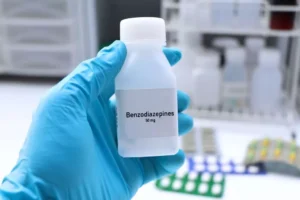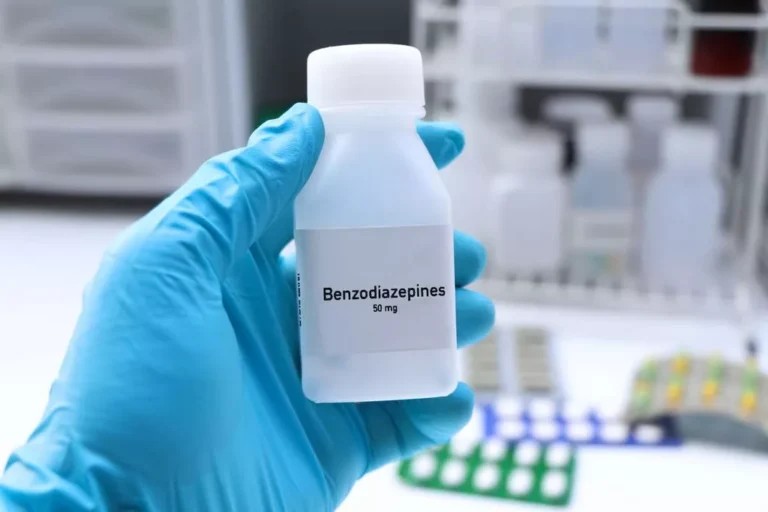施工実績

The Relationship Between Alcoholics & Anger Alcohol Rehab
2021.05.12
This can range from verbal outbursts to physical violence, posing a risk not only to the individual’s health but also to those around them. The co-treatment of alcohol recovery and anger management can be a very individualized process that may change according to your needs. Your treatment will depend on the role alcohol plays in your life and how present anger is during your everyday lived experience. This occurs in long-term relationships such as marriage, as well as all dating scenarios. If your alcoholic rage syndrome partner shows intense feelings of anger and a lack of self-control when drinking, reach out for help. Domestic violence is a very dangerous potential result of alcohol abuse.
Alcohol Disrupts Executive Brain Functions

The lack of inhibitions that causes them to lose their temper can lead to bar fights, road rage, impulsive violence (even against friends and loved ones) and other events that may cost them a night in jail or worse. Some of the biological factors that contribute to alcoholism may also play a role in increasing the risk of intimate partner violence. Such factors including head injury, neurochemistry, physiological reactivity, metabolism, and genetics. You and your community can take steps to improve everyone’s health and quality of life. The less alcohol you drink, the lower your risk for these health effects, including several types of cancer.
- Medical detox is typically considered the optimal method for allowing alcohol to safely process out of the body while under continual medical supervision.
- In addition to receiving guidance from experienced professionals, support groups are effective for building relationships.
- Cognition-relaxation coping skills (CRCS; Deffenbacher & McKay, 2000) was chosen as the anger management protocol for four reasons.
- Alcohol abuse increases the risk of physical and emotional violence, as well as substance abuse in other family members.
- Not to mention, recovering alcoholics that don’t manage anger are at higher risk of relapse.
Mixing Weed and Alcohol: Effects and Risks
While drinking alcohol isn’t the sole reason for assault, it plays a substantial role in whether someone commits a violent crime. An aggressive drunk may make poor decisions that lead to worse scenarios. Since your judgment becomes clouded when you’re intoxicated, a simple misunderstanding can quickly turn into a bar fight. Furthermore, an angry drunk may not feel like consequences matter, making it seem like a good idea from their perspective to create or partake in a dangerous situation. Furthermore, alcohol can make you focus too much on specific words or behaviors from other people. If you see someone cut in front of you in line for the bathroom at a bar or concert, you may react aggressively when you otherwise wouldn’t mind.
- Dietary Guidelines define moderate drinkingas one drink per day for women and up to two drinks per day for men.
- In addition, alcohol abuse and addiction can result in poor anger management skills.
- We had hypothesized that clients in the alcohol-adapted anger management treatment would report differentially greater improvements on these anger-related variables relative to clients in the AA Facilitation treatment; this was not supported.
- As a result, you may be overly aggressive during a situation where you’d otherwise notice the cues that tell you to think more rationally.
- That’s because it reduces an individual’s self-control and internal inhibition.
- High-functioning alcoholics will rarely admit that they have a problem.
Social and Cultural Factors Allow for More Aggression after
- The most effective way to cope with alcohol-induced anger is to avoid consuming too much alcohol.
- When a person struggles with both alcohol addiction and anger management problems, the issues exacerbate each other.
- There is also a theory that the disinhibition that alcohol creates raises the risk of violent behavior.
- AA-related material comprised approximately 45.0% of the AAF condition and 5.4% of the AM condition.
- The co-treatment of alcohol recovery and anger management can be a very individualized process that may change according to your needs.
This disorder also involves having to drink more to get the same effect or having withdrawal symptoms when you rapidly decrease or stop drinking. Alcohol use disorder includes a level of drinking that’s sometimes called alcoholism. The link between anger and alcoholism is cyclical—they can exacerbate each other if left unchecked.
- Someone who experiences passive anger may appear calm and have difficulty expressing their feelings.
- When someone allows anger to build up over time, they’re more likely to suffer an explosion.
- As a result, addicts experience feelings of discontent, emptiness, and often are full of anguish.
- Anger, when left unaddressed, can be a significant contributing factor to the development and perpetuation of alcohol abuse.
- Alcoholism, a chronic and progressive disorder, is characterized by a compulsive need to consume alcohol, despite the negative consequences it may have on one’s physical, mental, and social well-being.
- Even though they speak about anger management in most Alcoholics Anonymous 12-step programs and in rehab, experiencing these emotions is different once you’re sober.
Getting Help at Lighthouse Recovery Institute

Intervening in the addictive behavior may be seen as a threat to the family’s financial security — even if the family must put up with emotional neglect or physical abuse. Bureau of Justice Statisticsnoted that nearly 60% of violent incidents against a domestic partner or family member were committed under the influence of alcohol. Even in less extreme cases, alcoholic rage can threaten one’s relationships, careers, safety, and more. We know that alcohol may have an impact on one’s emotions and behaviors but how exactly does that work?

When you heavily consume alcohol, your prefrontal cortex becomes damaged, altering your decision-making capabilities. Therefore, people who rely on drinking as a coping mechanism can be more inclined to make rash choices, such as having unprotected sex or getting into a car with a stranger. Because alcohol is a psychoactive drug, it temporarily alters your mood, perception and feelings. For example, if you start drinking when you’re lonely and sad, you may find the alcohol makes you feel even more desolate and distressed than you did when you were sober. Factors like underlying personality traits, neurochemical makeup, and even the presence of disorders like antisocial personality disorder (ASPD) can influence alcohol-related aggression.

Lifestyle Quizzes

Aside from existing anger issues, people can turn into aggressors when drinking for several reasons. Becoming angry or irritable when you drink is a relatively common experience — an often-cited body of research by the World Health Organization notes that aggression has a closer link to alcohol than any other kind of psychoactive drug. There are several risk factors, all of which impact people differently. The World Health Organization (WHO) warns that alcohol interferes with a person’s cognitive and physical functioning, inhibiting self-control and making it more difficult for a person to recognize when things have gone too far. It can be harder for someone under the influence of alcohol to notice typical warning signs that emotions, especially anger, may be getting out of control.




